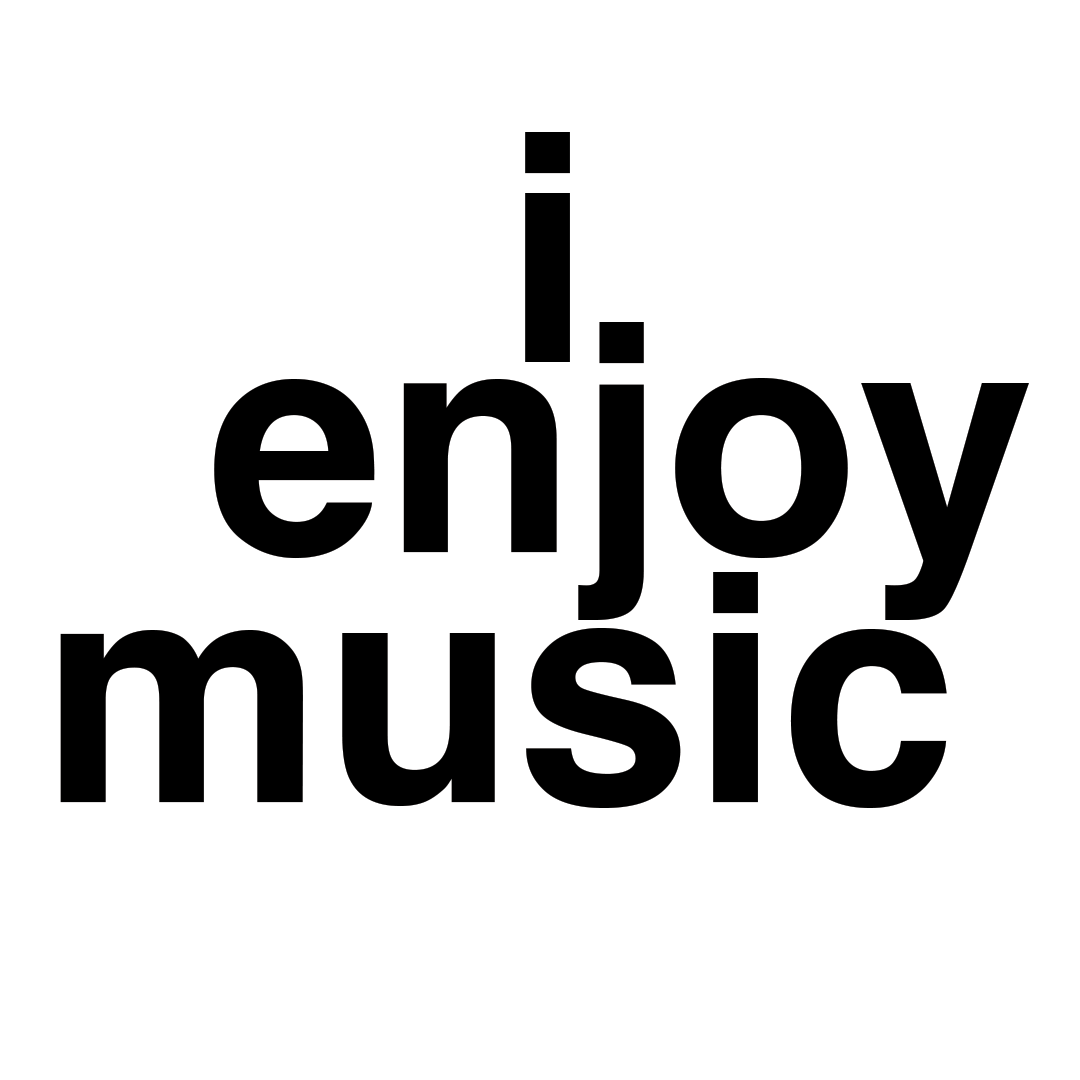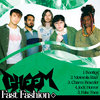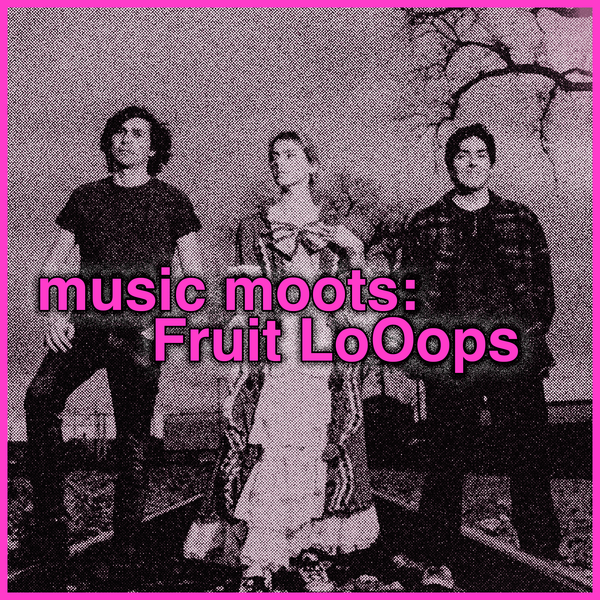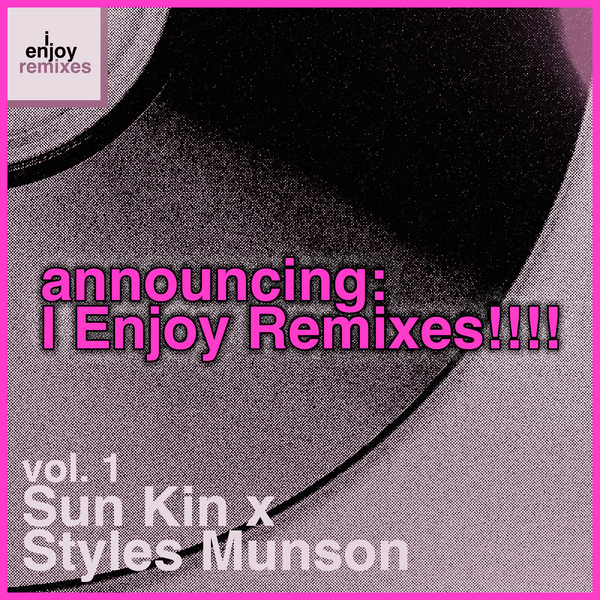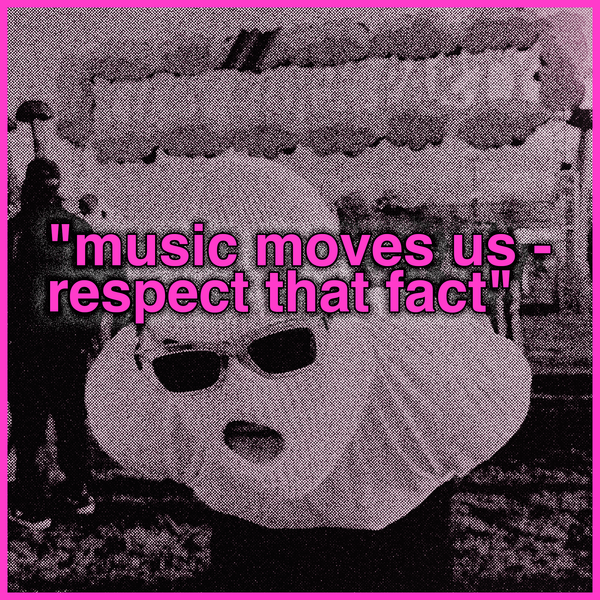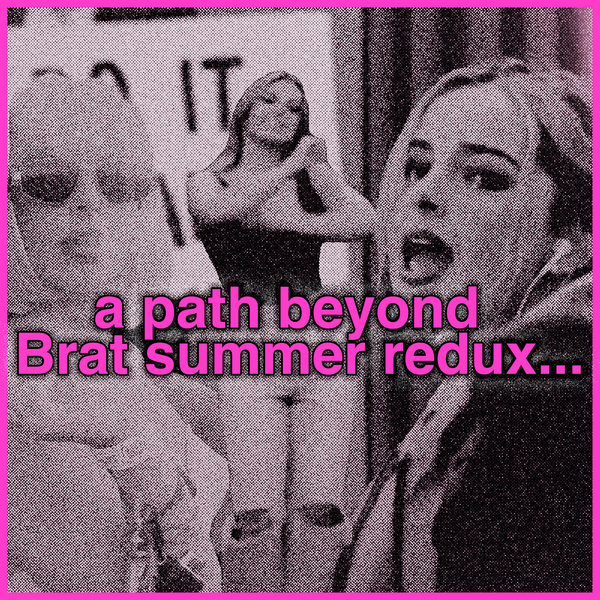Three Music Thingz with Cheem
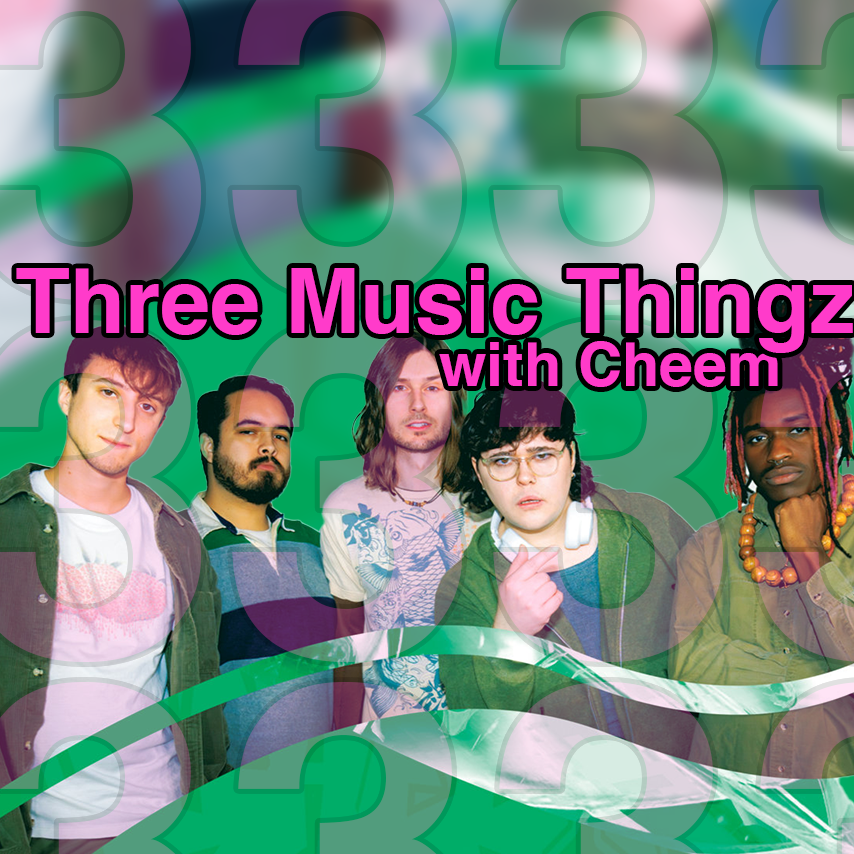
Goodness gracious, it's another rendition of Three Music Thingz, the blogseries where I ask musicians for three thingz that are essential to their music-making.
Today we've got Cheem! Cheem just put out an EP last week called Fast Fashion in which they continue to tear through an incredibly expansive swathe of musical aesthetics with the rapaciousness of the damn Tasmanian Devil.
On Twitter, Cheem vocalist Sam Nazaretian name-checked a fascinating track-by-track array of inspirations for the EP, from Meshuggah to Nelly to "WWE theme songs," and clarified the purpose of their uniquely referential approach: "We’re not a band that is parodying y2k subcultures, we love a lot of y2k music but also modern music and music from various generations. We kinda like to see what sticks on the wall and then make it a song".

Hard to pick a fave from the EP but I'm going with the frenetic "Motorola Razr," whose instrumentation highlights the band's insanely creative rhythm section. This band is allergic to having a boring drum and bass zone, and thank god for that.
Cheem vocalist and guitarist Skye Holden sent over the band's three thingz, which give a peek into their technical process...
- GarageBand
I make the demos for all our songs in GarageBand on my laptop, and pretty much all of the original guitars and auxiliary elements (synths, samples, turntable work) from those demos makes it into the final version of the song with some extra processing on Gabe's end. It's a free app that comes with every Mac so it's cool that even though it's so accessible it can still be used in a professional context. - Voice Memos app for iPhone
Any idea I have (drum beat, riff, vocal melody) gets immediately captured in a voice memo for safekeeping. Sometimes I go back to voice memos from literal years ago and stumble across something that gets used in a new Cheem song. It's a way to make sure none of your potentially good ideas never get lost, even though it might take you a while to realize which ones are worth keeping. It's also just the easiest way to keep track of everything when you're trying to write all the time. - Pioneer DDJ-200
This is a compact little DJ controller that hooks up to a computer via a MIDI cable, I got it used for pretty cheap. I learned how to scratch on this by just loading up samples I sourced myself and practicing over beat tapes on YouTube. Once you get comfortable with it, it really opens up a new world in terms of how you approach sampling and sound manipulation. I used this in some way on every song from our new release, and not always just for the very noticeable record scratching parts.
Go listen to Fast Fashion right this second! And thanks for reading I Enjoy Music. If you like it, tell a friend about it.
